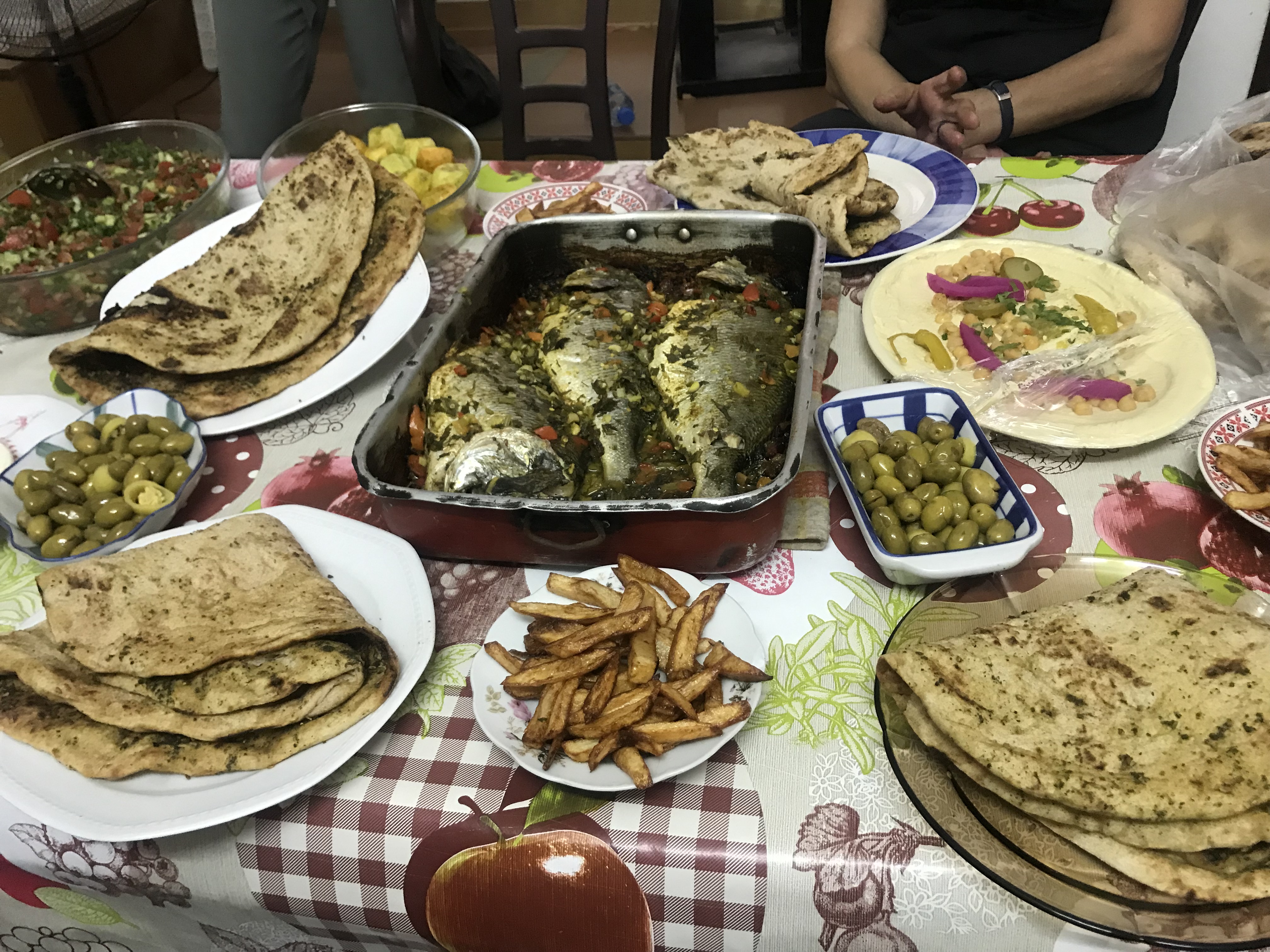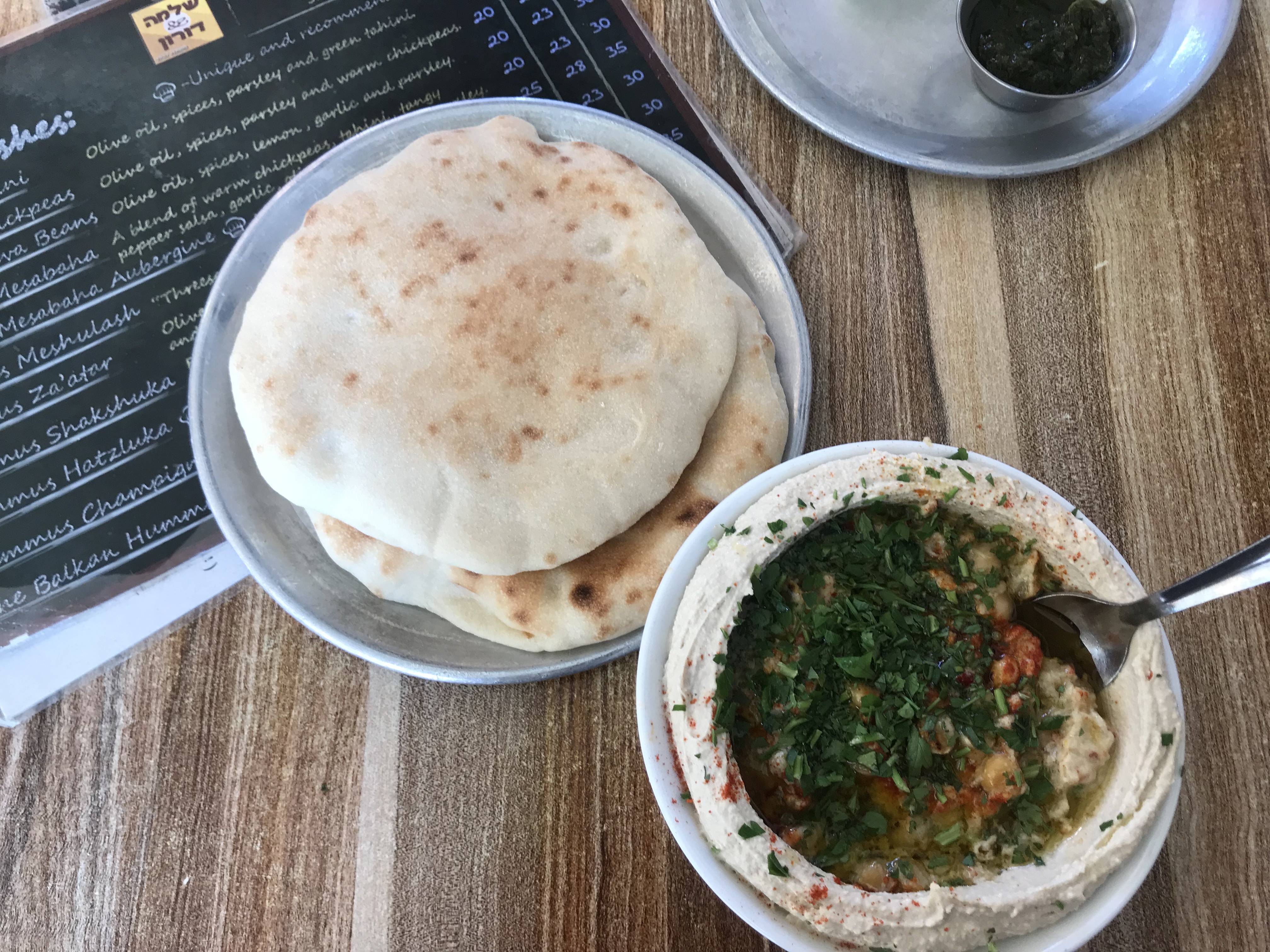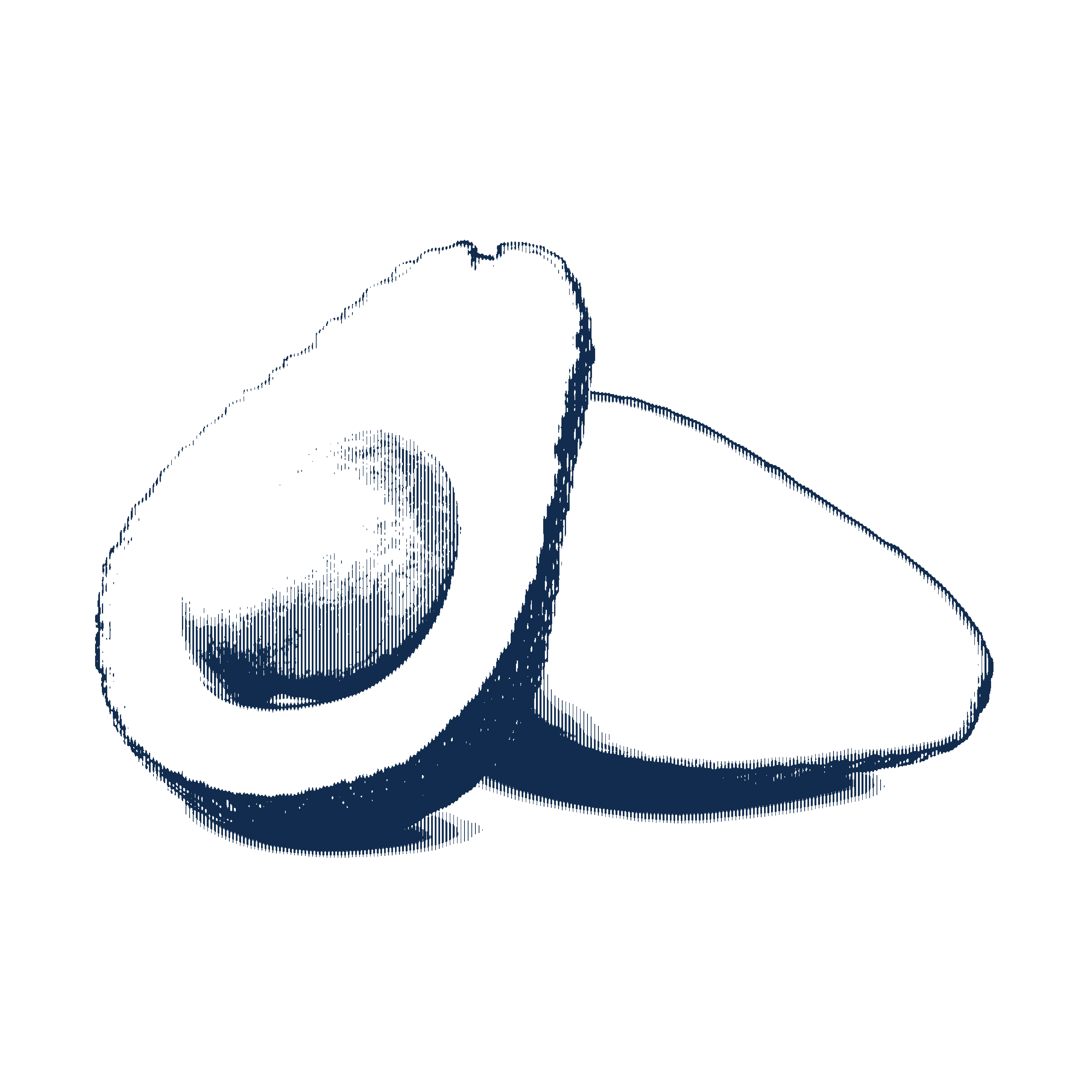
It had been a long day of reporting. Three farm visits, three lengthy serveece trips (shared eight-person vans used to get around the West Bank cheaply), and a whole lot of sun. Murad, the last farmer I visited that day, suggested an alternative route to return to Ramallah, one that would bypass the shared Israeli-Palestinian road often flanked with soldiers or policed and instead take me through rural villages and winding roads burrowed in the hillsides. It was longer, he said, but a much more enjoyable ride.
Around an hour into our drive, we passed through Nabi Salih, a tiny West Bank village that’s enjoyed some global attention. For six years, residents staged weekly protests against the neighboring Israeli settlements and their taking over of crops and water springs. The demonstrations resulted in frequent and fervent clashes with the Israeli military, and they led to 18-year-old Ahmed Tamimi gaining notoriety as one of the leaders of the Palestinian resistance movement when a video of her slapping a soldier went viral before she was sentenced to an eight month prison stint.
Save for someone pointing it out to me, though, I wouldn’t have distinguished this village from any of the other dozen or so we drove through that night. Except for one, whose name I still don’t know, but which left a lasting mark and crystallized one of my most profound points of reflection since I’ve been here.
After Nabi Salih, we drove for another few minutes—maybe five or seven—before turning onto a street so narrow, I thought we might scratch the sides of our car on the ancient-era stone buildings lining it. We drove uphill on the tight, winding road. As I braced for impact, I glimpsed a large Palestinian flag waving at the top of the hill, perhaps attached to a truck. We maneuvered through a curve, and I lost sight of the flag momentarily, but when we crested the steep hill, we encountered around 40 people singing, chanting and waving Palestinian flags in the town’s central rotary, a mainstay for gatherings and celebration in small Palestinian villages like this one. For a quick moment, my Western bias shone through, and I’m embarrassed to admit I thought we had driven into a protest, similar to those that frequent Nabi Salih, just up the road. Shoot, I don’t have my passport on me, I thought, jumping in panic ahead to the inevitable encounter with police.
But, yet again, the Palestinians would surprise me. I rolled down the window and my translator asked a young boy, I’d guess around the age of 12, what the gathering was all about. He explained excitedly that someone from the village had just returned from university abroad, and the town had thrown a party to welcome him home—a gut punch to my bigoted knee jerk assumption that an ostensibly spontaneous crowd of Palestinians at this hour could only mean resistance.
There’s a collectivism here that directly contrasts with American individualism. Drivers frequently roll down windows and ask for directions, people help one another carry heavy loads across the street, young men offer to buy older women riding the serveeces drinks before the journey starts. It’s made me interrogate my own behavior in a way I didn’t anticipate, and it’s forced me to confront the narrative we paint as Western media about the rest of the world but, in this context, specifically about the Palestinians.
It’s the same reason I’ve learned to always leave my hostel hungry when I go reporting. At every stop, I’m offered Arabic coffee, juice, fresh produce or, in some cases full meals. It doesn’t matter that these people barely have enough to sustain their own livelihoods.
Doha, the 62-year-old farmer in Borin, is the perfect example. The same woman who had no fresh water and had just lost most of her olive trees to fire two weeks prior prepared a feast—cucumber and tomato salad with herbs (also known fittingly as farmer’s salad), hommos, fire-roasted taboon bread with za’atar, fish from a recent journey she made to Jaffa, tea, and freshly harvested prickly pear for dessert. When I visited Yosef Salmon in Beit Jala, he insisted I try the olive oil he’d just pressed. It’s his most expensive product, and the source of most of his farming income. And then there was Canaan Fair Trade, which hosts a potluck lunch for its workers and visitors every Thursday to celebrate the end of the workweek. When I stopped by, not only did they let me dine with them, they insisted I go through the line first.
I have enough stories of this generosity and mutual investment—both directed at me and between Palestinians themselves—to fill pages. It’s been a surprise, and it’s something I hope to take home with me—both in my own personal interactions, and as I talk about this conflict, these people, and this part of the world more broadly.





